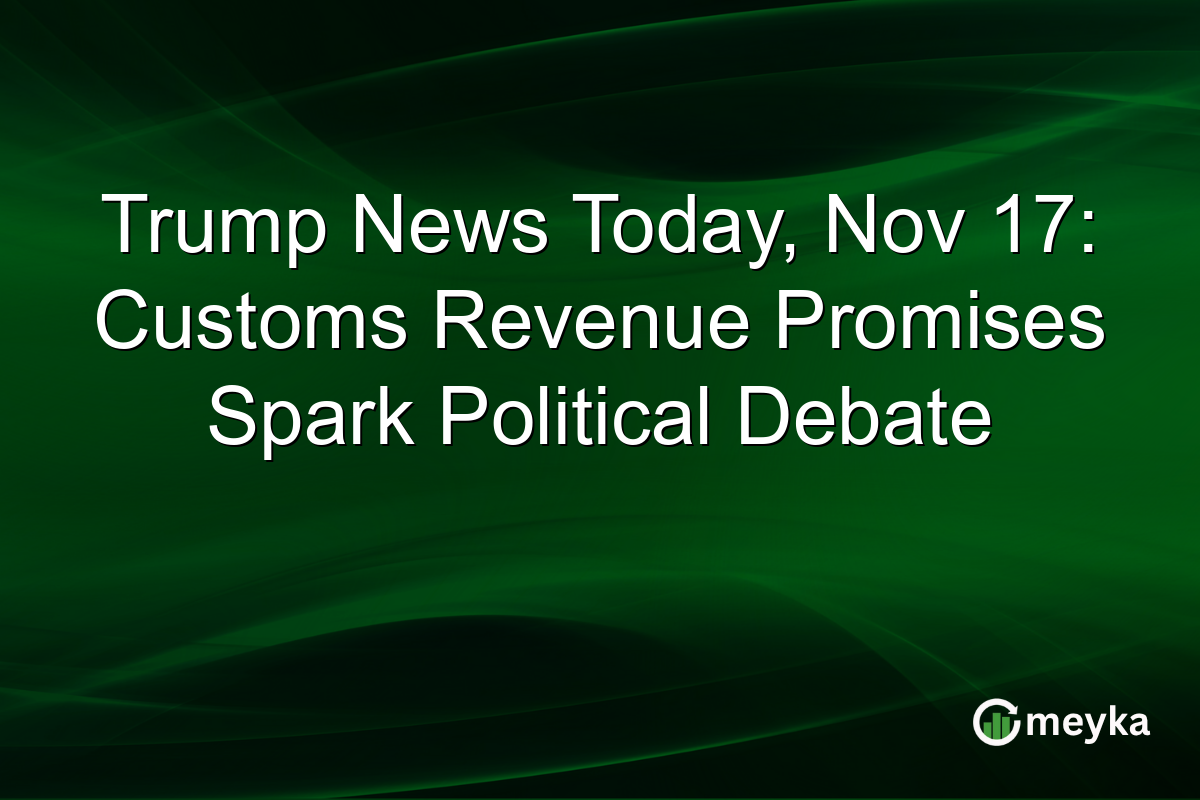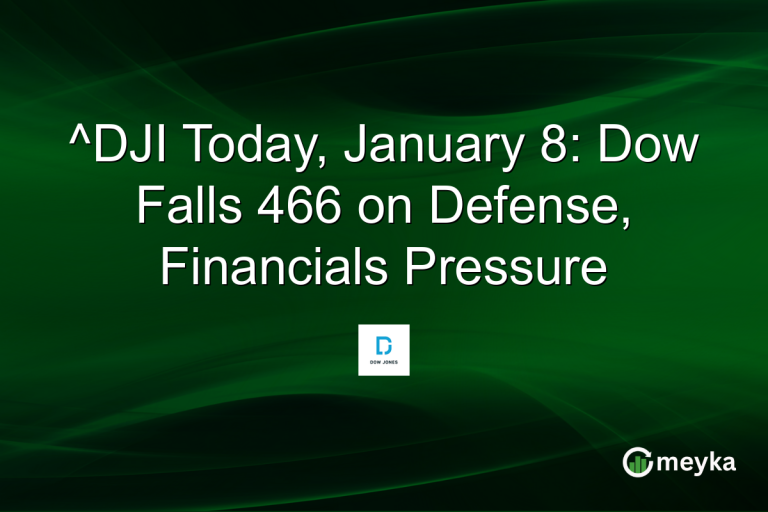Trump News Today, Nov 17: Customs Revenue Promises Spark Political Debate
Amid rising inflation concerns, President Donald Trump recently unveiled a plan to distribute $2000 checks to American households. The proposal, part of Trump’s broader economic strategy, aims to utilize customs revenue. This move seeks to counter negative economic perceptions that have shadowed Trump’s administration. Treasury Secretary Scott Bessent has, however, hinted at potential legislative hurdles, raising questions about its execution.
Continue Reading on Meyka
This article is available in full on our main platform. Get access to complete analysis, stock insights, and more.
Read Full Article →





